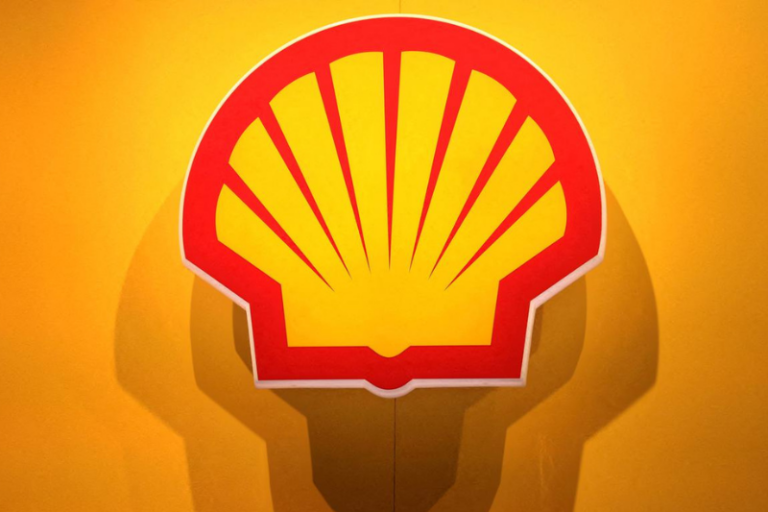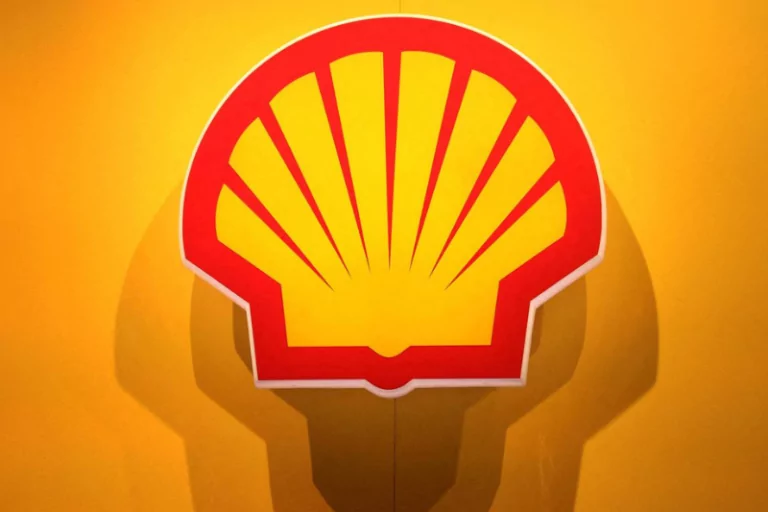

oil companies pay influencers to promote their fuel products
Oil companies are paying popular influencers on social media to promote their gasoline and fuel rewards programs.
This has sparked backlash from climate-conscious fans who are concerned about the promotion of fossil fuels among young people.
Influencers who are known for posting about video games, dogs, or holidays are now including plugs for gasoline stations in their content.
These promotions have been found on platforms such as Instagram, TikTok, and Twitch, and have featured major oil companies like BP, Chevron, ExxonMobil, Shell, and TotalEnergies.
The companies are targeting young people on social media to maintain their oil and gas-based business, even as countries are seeking cleaner alternatives to combat global warming caused by burning fossil fuels.
However, many young people are aware of the urgency of the climate crisis and have negative views towards fossil fuel companies.
These companies are now trying to build social capital with these audiences through influencer marketing.
While some sponsored posts have been well-received, others have faced criticism from followers. Some followers expressed disappointment when a gamer promoted a Shell-sponsored feature in the video game Fortnite.
The use of influencers to promote fossil fuel companies is seen as ethically suspect because it encourages the use of a product that harms the environment and people.
It is difficult to determine the scale of this advertising due to inconsistent labeling. Oil companies have spent millions of dollars on Facebook ads, but platforms like Instagram and TikTok do not require influencers to label fossil fuel promotions.
While endorsements by third-party personalities are common in advertising, the use of influencers by fossil fuel companies could harm their reputation, especially among young people who are concerned about climate change.
The paid promotion of gasoline and fuel rewards programs through social media influencers are being criticized by people.
The climate-conscious fans who are concerned about the promotion of fossil fuels among young people are criticizing these oil companies.
The use of influencers by fossil fuel companies is seen as ethically suspect and could harm their reputation, especially among young people who are aware of the urgency of the climate crisis.
When oil companies use popular influencers to promote their fuel products on social media platforms to influence people, it can have some bad effects.
First off, it might make the youth think that using gas is cool and fun, even though burning gas contributes to pollution and climate change. Also, these promotions might not tell the whole truth about the environmental impact of using gas.
Plus, it can make young folks feel like they need to use more gas to fit in, which isn’t good for the environment. So, it’s kind of like sending the wrong message and not being honest about the downsides of using gas.
On Friday, South Africa's government leaders warned that President Trump's wide trade tariff policies have zeroed out Africa's AGOA benefits.…
The Gujarat Titans (GT) team confirmed Thursday that fast bowler Kagiso Rabada is taking an early IPL 2025 exit to…
The International Finance Corporation gives Raxio Group $100 million to accelerate their data center building efforts throughout Sub-Saharan African regions.…
The Oklahoma City Thunder secured their tenth consecutive victory by beating the Chicago Bulls 145-117. This victory raised their season…
The Board of Control for Cricket in India introduced a detailed list of cricket matches that will take place at…
Rob Walter Resigns his Position as coach for the Proteas men's team for white-ball games because personal problems needed attention.…
This website uses cookies.